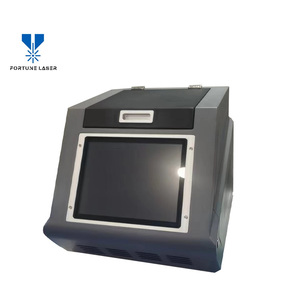Understanding Portable XRF Analyzers
A portable XRF analyzer is a cutting-edge instrument designed to analyze a wide range of materials quickly and accurately. Used primarily in industries such as mining, metal recycling, and environmental testing, this analyzer provides real-time data without the need for extensive sample preparation. The ability to conduct on-site testing enhances productivity and decision-making, allowing businesses to operate more effectively.
Types of Portable XRF Analyzers
Portable XRF analyzers come in various configurations, each suited for specific applications. Here are the primary types:
- Handheld Models: These lightweight and compact devices are designed for fieldwork, enabling users to conduct in-situ testing effortlessly.
- Benchtop Models: While not as portable, these models offer enhanced sensitivity and range, suitable for laboratory environments.
- Battery-Powered Units: Ideal for remote locations, these units operate on battery power and are critical for environmental assessment.
- Specialized Analyzers: Targeted solutions designed for particular industries, such as precious metals or hazardous materials testing.
Applications of Portable XRF Analyzers
Portable XRF analyzers prove invaluable across various sectors due to their versatility and efficiency. Here are some notable applications:
- Mining Exploration: Quick assessment of ore grade and composition helps in determining the viability of a mining site.
- Metal Recycling: Facilitates the sorting of scrap metal by providing instant feedback on alloy composition.
- Environmental Testing: Used for soil and water testing to detect contaminants and assess pollution levels.
- Construction and Demolition: Ensures safety by analyzing materials for hazardous substances like lead and cadmium.
- Archaeology: Aids in the non-destructive analysis of artifacts, providing insight without compromising their integrity.
Features and Advantages of Portable XRF Analyzers
Portable XRF analyzers are packed with features that make them essential tools in varied industries. Here are some key advantages:
- Rapid Results: Receive analysis results within seconds, allowing for immediate decision-making.
- Ease of Use: User-friendly interfaces and intuitive designs make them accessible for technicians without extensive training.
- Minimized Sample Preparation: Analyze materials in their existing state without requiring complex preparation or laboratory settings.
- Versatility: Capable of analyzing a wide range of materials, from metal alloys to soil samples, making them adaptable for multiple sectors.
- Cost-Effectiveness: Reduce the need for laboratory testing, saving both time and resources while providing efficient on-site analysis.







































